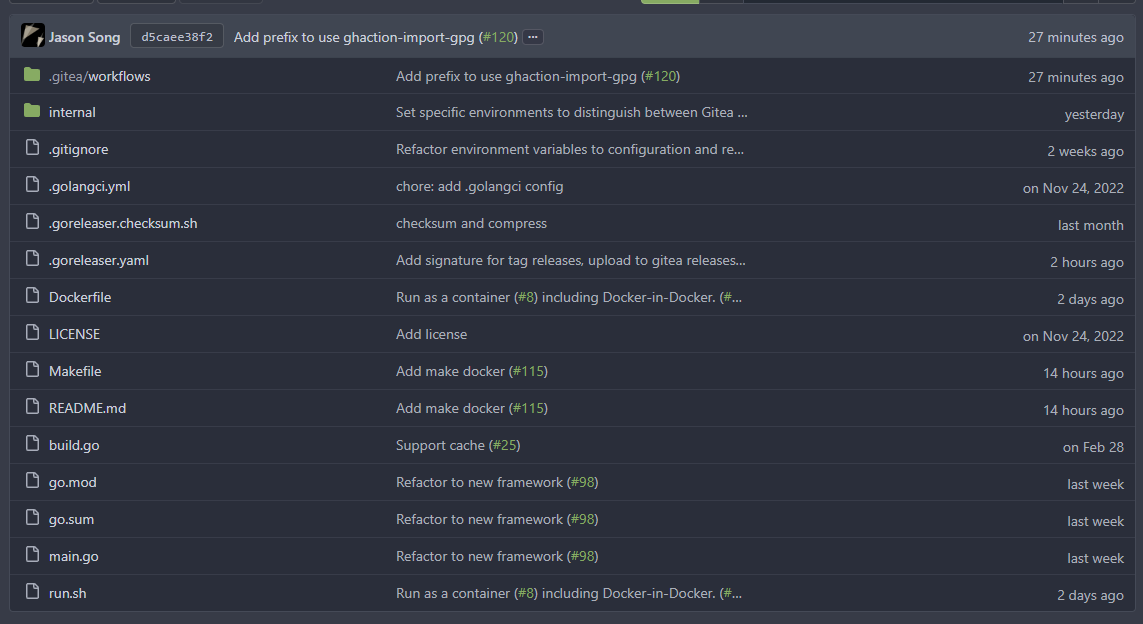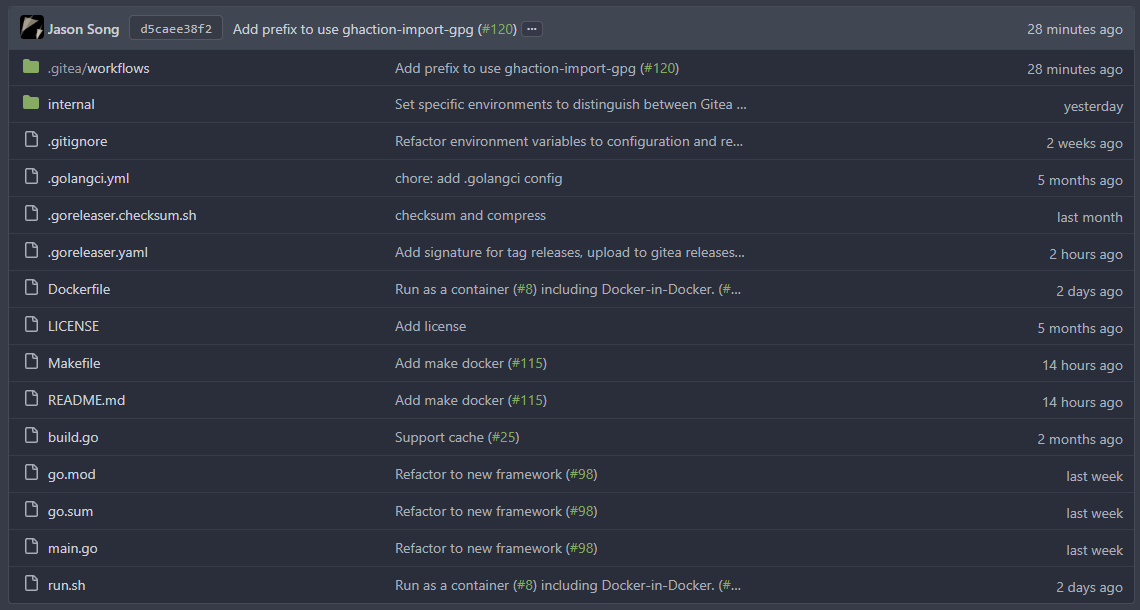-
-
Notifications
You must be signed in to change notification settings - Fork 5.4k
New issue
Have a question about this project? Sign up for a free GitHub account to open an issue and contact its maintainers and the community.
By clicking “Sign up for GitHub”, you agree to our terms of service and privacy statement. We’ll occasionally send you account related emails.
Already on GitHub? Sign in to your account
on_date translation is problematic
#24074
Comments
|
Blocked by #23863? |
I don't think so. |
|
I think the solution will be to never have the time element emit this "on", and instead render the element into the translation string via a token. I also checked the JS Intl API, it seems it also can not emit a "on", it can emit a "at" but that does not help us. |
|
One way to avoid |
|
I would suggest to remove the Is there a strong reason to keep it? |
|
about the last sentence. Not |
|
Though, the challenge ist that |
|
Threshold is configurable |
|
Quote my comment from #24106 In history , IIRC the Now, we just make Then we do not need the Correct me if I am wrong. |
|
If you use |
|
New code: Old code: There is no |
|
I'm fine with |
Then I think it's clear what needs to be done: Make backend aware of the threshold, and make it output a
Future dates should be treated the same as past dates in regards to the threshold. |
|
IMO, there are different cases:
So, only the caller knows whether there should be an |
|
The first should use |
- Follows #23988 - Fixes: #24074 by removing this key GitHub's `relative-time` elements allow us to force their rendering to `auto`, `past`, or `future` tense. We will never show an absolute date `on ...` in `TimeSince` ## Before  ## After  --------- Co-authored-by: wxiaoguang <wxiaoguang@gmail.com>

Description
As seen on Crowdin, translators have a hard time translating the
onalone inon <date>phrases because some languages don't have a concept of such a word. We should evaluate if there are alternatives and whether we can somehow translate the whole phrase.The text was updated successfully, but these errors were encountered: